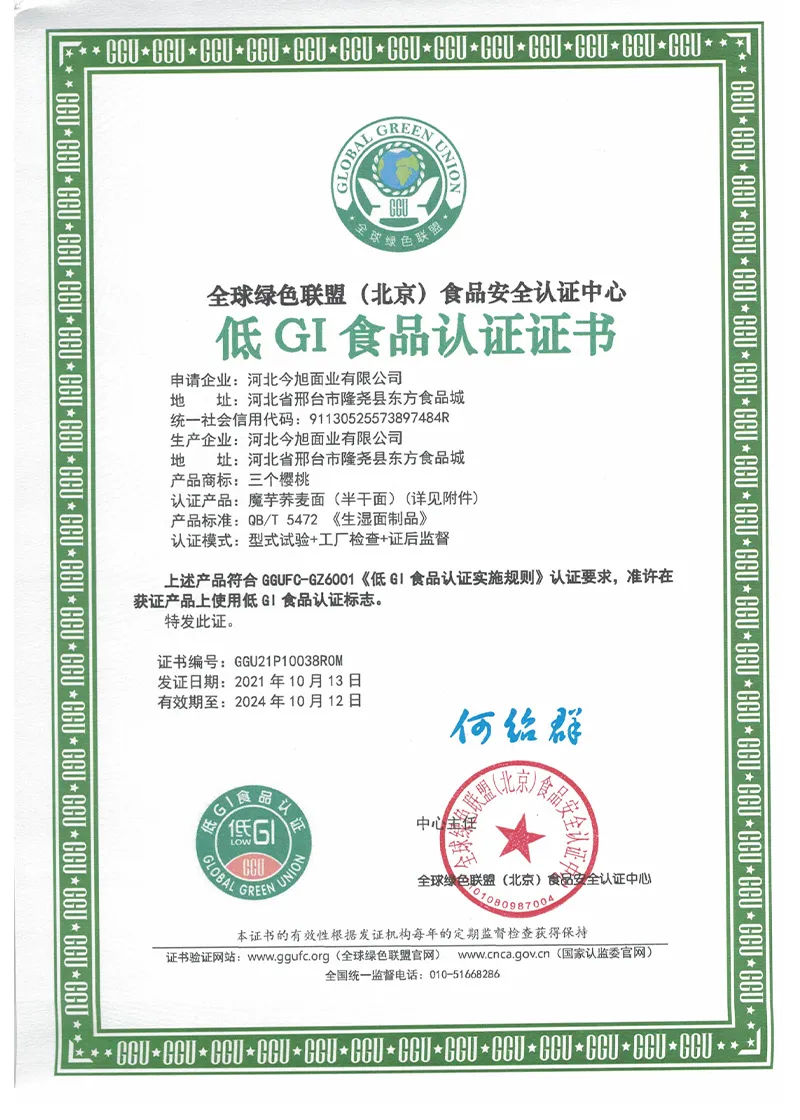are instant noodles good for you
Are Instant Noodles Good for You?
In today’s fast-paced world, instant noodles have emerged as a quintessential convenience food, beloved by students, busy professionals, and almost anyone seeking a quick meal. With their ease of preparation and affordable price, it’s no wonder that instant noodles have found a place in kitchens and dorm rooms around the globe. However, the question arises are instant noodles good for you? This article will explore the nutritional aspects, potential benefits, and drawbacks of consuming instant noodles.
Instant noodles are primarily composed of wheat flour, salt, and preservatives, and they are usually fried or dehydrated before packaging. One of the major attractions of instant noodles is their convenience. Most types can be prepared in just a few minutes by adding boiling water or heating them in a microwave. This makes them a popular choice for people who are short on time.
From a nutritional perspective, instant noodles are often criticized for being low in essential nutrients. A typical serving may provide a significant amount of carbohydrates, which can quickly satisfy hunger, but it is often lacking in protein, vitamins, and minerals. Additionally, many instant noodle varieties are high in sodium, which can contribute to hypertension and other cardiovascular issues if consumed excessively. The high sodium content can be a trade-off for taste, as added flavorings often rely on salt to enhance the product’s appeal.
are instant noodles good for you

However, instant noodles are not entirely devoid of benefits. They can be a practical solution for those needing a quick, budget-friendly meal. They can also be a blank canvas for creativity in the kitchen. By adding vegetables, eggs, or protein sources like chicken, shrimp, or tofu, one can significantly enhance the nutritional value of a basic noodle dish. Adding these ingredients can provide essential vitamins, minerals, and proteins, transforming an otherwise bland and unbalanced meal into a more wholesome option.
Moreover, instant noodles come in various flavors and styles, catering to diverse culinary preferences. They can serve as a comforting and familiar dish, especially during times of stress or homesickness. For many, they evoke nostalgia, reminding them of late-night study sessions or quick meals shared with friends. There is an emotional aspect to food, and sometimes, the comfort of eating something familiar can outweigh its nutritional shortcomings.
That said, moderation is key when it comes to instant noodles. They should not be the foundation of a balanced diet. Regular consumption can lead to deficiencies in essential nutrients, weight gain, and other health issues linked to high sodium intake. It’s crucial to consider instant noodles as an occasional meal rather than a staple in one’s diet.
In conclusion, instant noodles are a convenient and inexpensive meal option that can fit into a busy lifestyle. While they offer certain advantages, including versatility and comfort, they also come with nutritional drawbacks. To make instant noodles a healthier choice, it’s advisable to enrich them with vegetables and proteins, and consume them in moderation. Balancing them with other nutritious foods will ensure that you maintain a well-rounded diet. So, are instant noodles good for you? The answer lies in how often you eat them and how you choose to prepare them. As with many food choices, mindfulness and balance are essential for enjoying instant noodles without compromising your health.
-
Unleash Your Inner Chef with Delectable Italian Pasta CreationsNewsAug.01,2025
-
Savor Health and Flavor: Irresistible Soba Noodles for Sale Await!NewsAug.01,2025
-
Nourish Your Body with Premium Organic Ramen - A Culinary Delight AwaitsNewsAug.01,2025
-
Elevate Your Dishes with Our Exquisite Kinds of Egg NoodlesNewsAug.01,2025
-
Dive into Flavorful Convenience with Our Ramen OfferingsNewsAug.01,2025
-
Discover Exquisite Types of Naengmyeon and Chilled Soba NoodlesNewsAug.01,2025
-
Is Whole Wheat Pasta Healthy?NewsMay.30,2025
Browse qua the following product new the we

















































































































